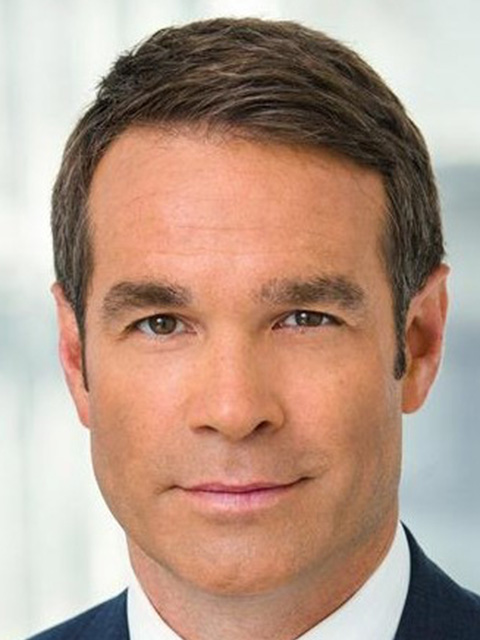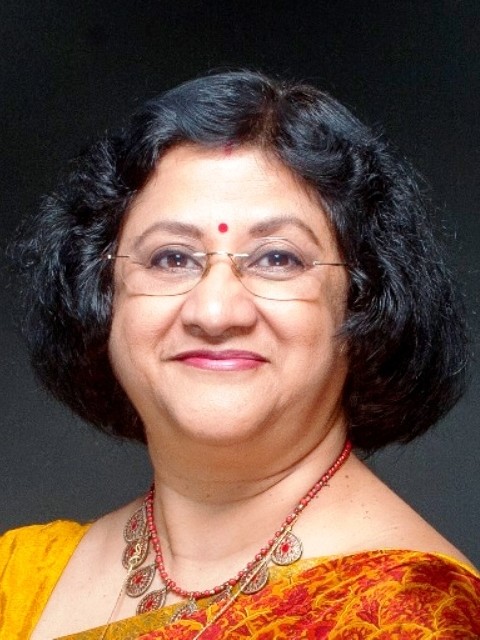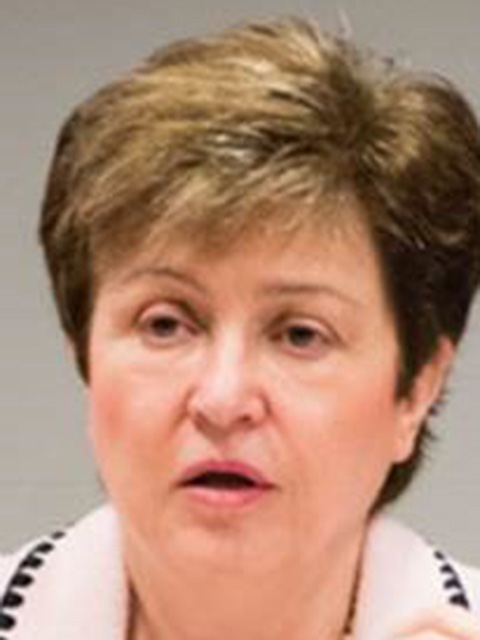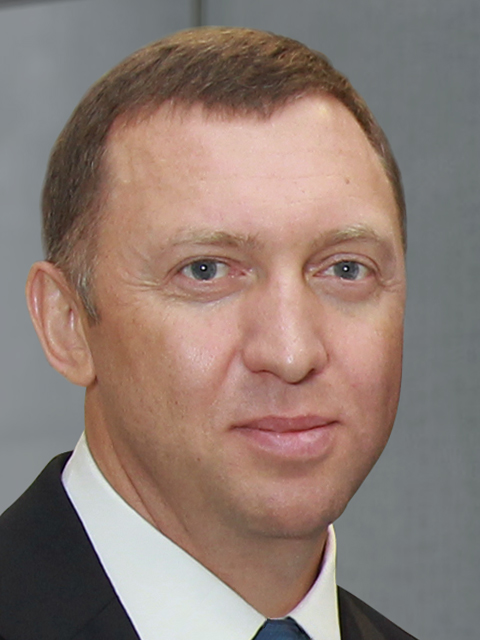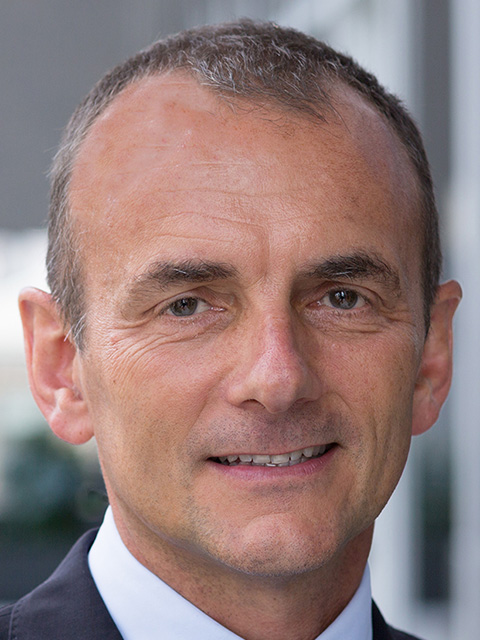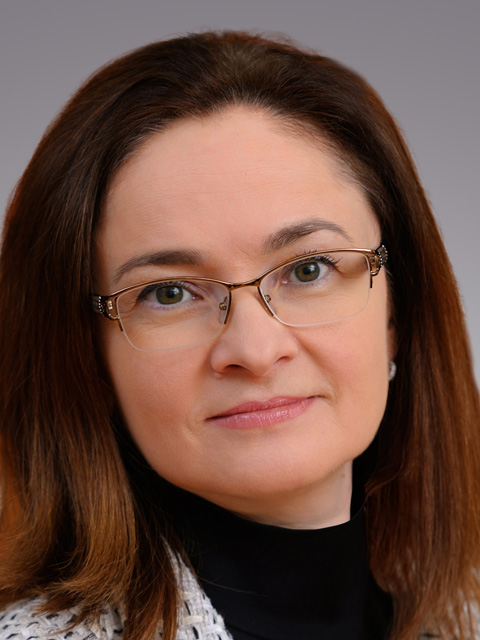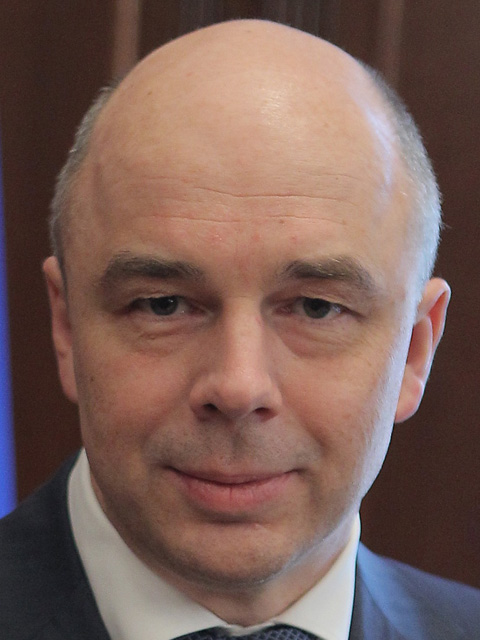Reconciling Growth and Security Strategies for the Global Economy
The global economy has more than doubled in size since 2000, reaching a peak of USD 78.6 trillion in 2014, and the World Bank is projecting 3.5% growth for 2017. Can stable growth be maintained under the current conditions, or should there be a shift in emphasis towards sustainable development, giving priority to long-term social and ecological aspects? Is it possible to have inclusive growth in the future? What might be the impact of deceleration and, in some sectors, outright reversal of globalization? How might the major global economies adjust their investment strategies? And how should business adjust to shifting sentiments for economic security?
Moderator:
Erik Schatzker ,
Anchor, Editor-at-Large, Bloomberg Television
Panellists:
Arundhati Bhattacharya ,
Chairman of the Board of Directors, State Bank of India
Kristalina Georgieva ,
Chief Executive Officer, World Bank Group
Oleg Deripaska ,
President, Member of the Board of Directors, RUSAL
Eric Dugelay ,
Partner, Global Leader, Sustainability Services, Deloitte
Elvira Nabiullina ,
Governor, Central Bank of the Russian Federation
Anton Siluanov ,
Finance Minister of the Russian Federation




